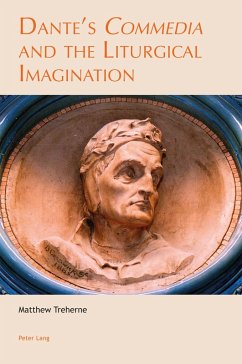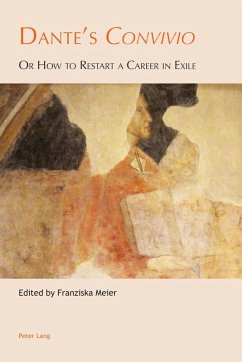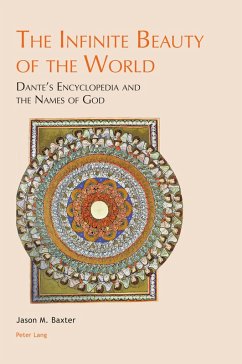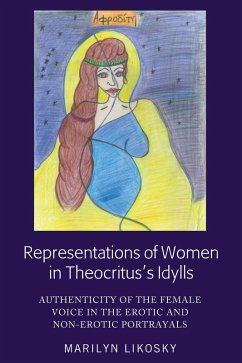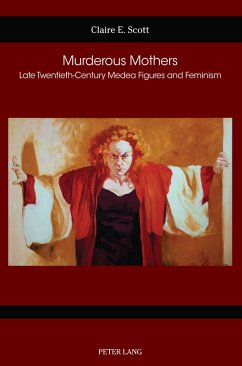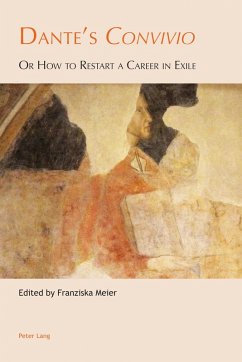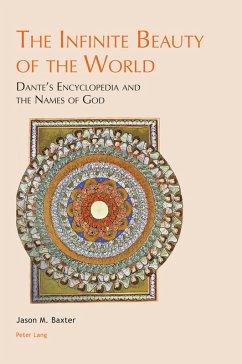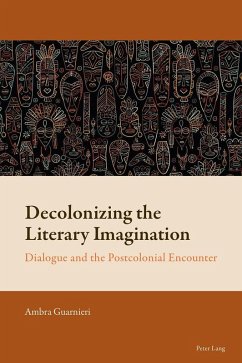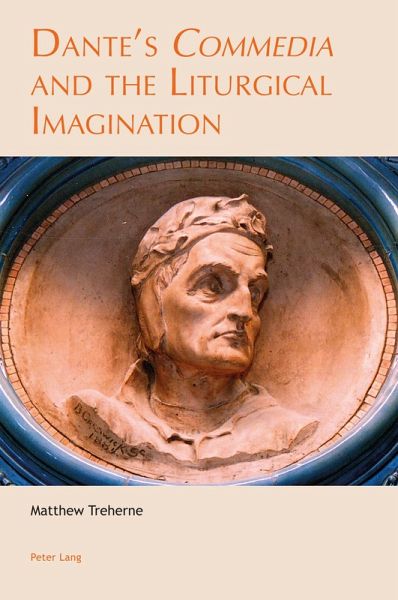
Dante's «Commedia» and the Liturgical Imagination (eBook, PDF)
Versandkostenfrei!
Sofort per Download lieferbar
Statt: 70,65 €**
55,95 €
inkl. MwSt.
**Preis der gedruckten Ausgabe (Broschiertes Buch)
Alle Infos zum eBook verschenkenWeitere Ausgaben:

PAYBACK Punkte
28 °P sammeln!
Medieval liturgical practice both expressed and helped shape habits of thought and imagination in ways which were deep and far-reaching, encompassing embodied, lived experience and the most sophisticated theological thought. This book argues that Dante, in common with his contemporaries, saw the liturgical rituals of the Church as a mode of religious practice which manifested what he considered to be the central truths regarding the relationship between God, human beings, and the world. It also shows how Dante's Commedia engages with medieval understandings of the sacraments, an idea which has...
Medieval liturgical practice both expressed and helped shape habits of thought and imagination in ways which were deep and far-reaching, encompassing embodied, lived experience and the most sophisticated theological thought. This book argues that Dante, in common with his contemporaries, saw the liturgical rituals of the Church as a mode of religious practice which manifested what he considered to be the central truths regarding the relationship between God, human beings, and the world. It also shows how Dante's Commedia engages with medieval understandings of the sacraments, an idea which has been largely neglected in studies of Dante. Seen in this way, the poet's engagement with liturgy is central to the daring and highly original poetic project of the Commedia, shaping its treatment of time, its engagement with theology, and its portrayal of the soul's awakening to the condition of creation itself.
Dieser Download kann aus rechtlichen Gründen nur mit Rechnungsadresse in A, D ausgeliefert werden.




